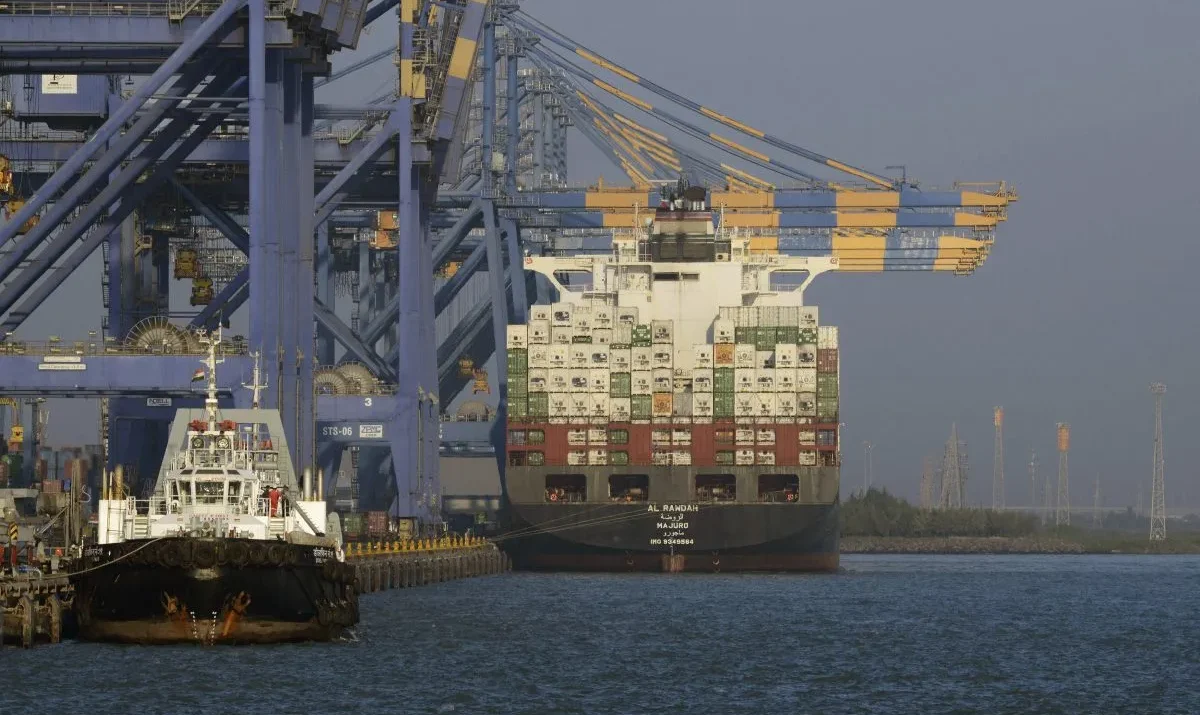Africa's industrial and value chain deficit can be rectified by the introduction of special economic zones, investors claim.
In a panel discussion organized by Africa Collective on the sidelines of the World Economic Forum, investors called for more efforts to drive industrialization through the creation of special economic zones (SEZs).
Denys Denya, senior executive vice president of the African Export-Import Bank (Afreximbank), stated that SEZs—areas within a country with distinct business and trade regulations—are a key tool in overcoming some of the challenges of industrialization, as they provide a controlled environment where critical infrastructure can be concentrated to support industrial activity.
"Africa lacks infrastructure across the board, whether in roads, ports, or energy," he noted, emphasizing that SEZs provide an integrated solution.
Bhavin Vyas, chief sustainability officer at ARISE Integrated Industrial Platforms, a major SEZ investor on the continent, emphasized that these zones enable value retention, job creation, and sustainable economic growth across Africa.
“One of the most important aspects of industrialization is job creation, which means retaining more value within the continent, reducing poverty, and providing economic benefits throughout the value chain,” he argued.
Vyas explained that the company’s strategy focuses on transforming Africa’s raw materials, which were traditionally exported in their raw state with minimal value retained, into finished products within the continent. From sourcing and storage to processing and export, the company’s design-build-finance-operate model ensures value creation at every stage of the supply chain.
“Whether it’s a t-shirt, cocoa, or wooden furniture, we are creating globally competitive brands that put Africa on the map,” he stated.
This model also addresses global challenges, including supply chain inefficiencies and climate concerns. By localizing production in countries like Benin, Arise claims to have drastically reduced the carbon footprint of exported goods.
“An average t-shirt used to travel 5,000 km, but by sourcing and transforming materials within Africa, we save 70% in carbon emissions,” Vyas noted, emphasizing the dual impact of industrialization on reducing poverty and combating climate change.
Africa cannot be the world’s sweatshop.
Amani Abou-Zeid, the African Union’s Commissioner for Infrastructure, Energy, and Digitalization, warns against the possibility of Africa becoming a low-wage manufacturing hub or a “t-shirt factory” for the world.
«La industrialización que necesitamos no debe basarse en residuos de China ni en salarios bajos», afirmó. «Debe ser una industrialización con valor agregado, basada en la calidad, los estándares y el uso de tecnología, incluyendo la inteligencia artificial y la robótica. Este enfoque impulsará al continente hacia el nivel de desarrollo al que aspiramos, garantizando el bienestar de nuestra población».
“Africa is not and should not be a sweatshop for the world,” Abou-Zeid emphasized.
“With our people, technology, and energy, we are capable of competing globally and diversifying value chains for the world.”
“The Lobito Corridor, a major U.S.-backed infrastructure project spanning multiple Central African countries, is expected to host Special Economic Zones (SEZs) to enhance value creation around critical minerals.”
Louis Watum Kabamba, Minister of Industry and SME Development of the Democratic Republic of Congo (DRC), emphasized that this initiative will transform how the region utilizes its resources. “We have realized, especially in the DRC, that the extract-and-export model inherited from colonial times is no longer viable,” he explained.
“This cannot continue, and that is one of the reasons why we are seriously considering adding value,” he stated. For example, instead of exporting raw materials, the DRC intends to start manufacturing and exporting products used in the production of battery precursors. “Finally, we can start making these batteries,” Kabamba concluded.
Article source: african.business






